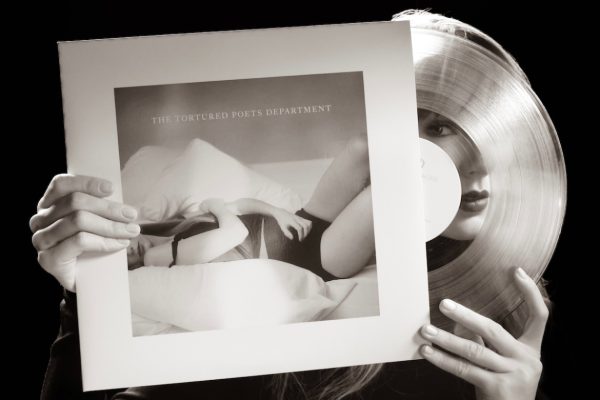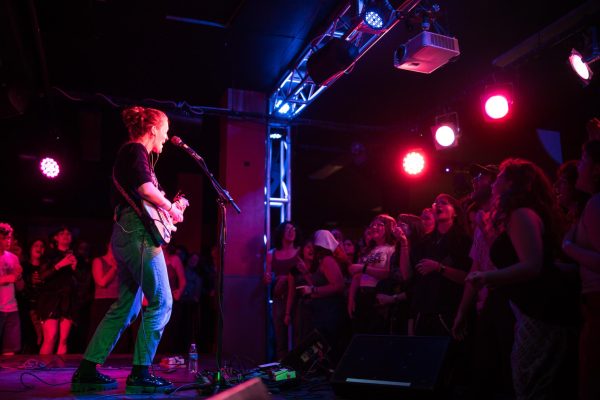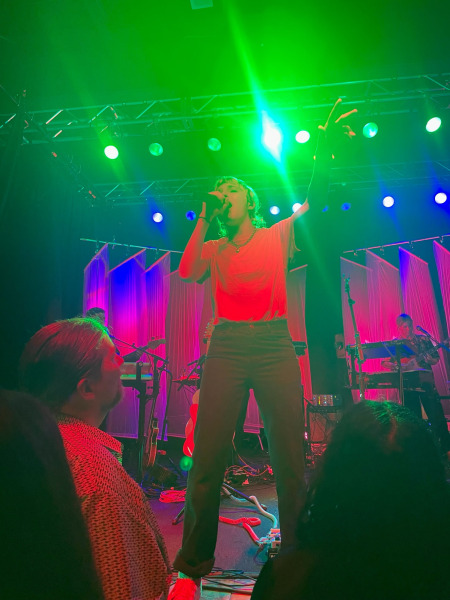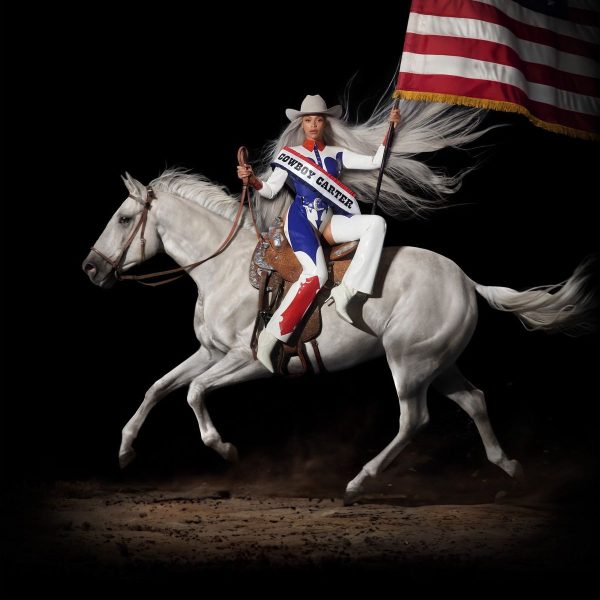Chicago Boricua Resistance Presents Puerto Rico Teach-In
Largely due to the damage wrought by Hurricanes Irma and Maria, Puerto Rico has been frequently featured in the news this year — in fact, according to the data that Google Trends has collected since 2004, searches about Puerto Rico peaked this October by a wide margin. However, hurricanes are not the only crisis that are affecting Puerto Ricans on the island and throughout the diaspora; Puerto Rico has a high unemployment rate and debt that has been increasing throughout a decade-long recession. These economic and humanitarian conditions inspired the creation of the Chicago Boricua Resistance, a group of individuals and organizations that came together last August to advocate for Puerto Ricans and their diaspora. Two members of the Chicago Boricua Resistance came to Oberlin Wednesday to first present a teach-in on the history and economy of Puerto Rico, and then a musical performance by Chicago-based Puerto Rican musician and activist Lester Rey. Rey’s performance was opened by College junior Fernie Borges, who performed the poem “Rituals.”
Cruz Bonlarron Martínez, a member of the group who spoke at the teach-in, explained that one of the group’s major goals at the moment is to resist the Puerto Rico Oversight Management and Economic Stability Act that was passed by Congress in June 2016.
“PROMESA … imposes a non-elected fiscal control board on the island,” Bonlarron Martínez said. “That board has the power to make all economic decisions on the island that it wants to make. Again, that board is appointed by the U.S. President and … the whole act came together out of an act of Congress — U.S. Congress, not Puerto Rican Congress.”
As Bonlarron Martínez explained at the teach-in, the board currently favors lowering the minimum wage for people under the age of 24, privatizing public services, and implementing private religious education.
In response to PROMESA and the undemocratic control that it imposes on the island, Chicago Boricua Resistance has organized by providing information and inciting protests against this status quo. Recently, the group’s efforts have been redoubled in the wake of the hurricanes.
“We’ve done two protests now outside of Trump Towers since Hurricane Maria happened,” Bonlarron Martínez said. “We’ve also been organizing fundraising efforts on different campuses in Chicago, and we’ve seen a lot of people wanting to get involved and see how we can get involved about educating people about this situation in Puerto Rico. Right now, with the hurricane, we’re seeing a lot of non-Puerto Rican people who want to hear about the situation on the island and how it got this way. Previously, there had not been as big of a desire to hear about the issues on the island.”
Chicago Boricua Resistance conveys its activism in part through art and music — as highlighted by the work of Chicago-based Puerto Rican activist and musician Lester Rey, also a member of the group. Rey, who describes his music as “a blend of neo-Soul and Latin Soul” performed at the Cat in the Cream the evening after the teach-in. Many songs from his performance featured prominently on the PROMESA mixtape that he released last year.
“The music comes about from despair, a sense of hopelessness, a sadness almost, where I feel very far from the island,” Rey said. “I’m speaking specifically about the PROMESA mixtape that was very politically charged and very much for Puerto Ricans in the diaspora and in Puerto Rico. Hearing about everything that was going on from headlines, from family in the island, and feeling like I was too far to do anything about it led to me putting all my frustration into music, into an art form that I’m very familiar with. And that’s how the PROMESA mixtape itself came about. In turn, it provided hope to myself and to many other people who heard it. It provided a different lens by which to understand what was going on in Puerto Rico and in the diaspora and, more importantly, it was implemented into activist scenes where it wasn’t just discourse and lecture, but there also could be a place for art in activism.”
For Rey, activism and art go hand in hand because of the narratives that music tells, whether the message is intentional or not. Much of Rey’s music is explicitly political, tying in with ongoing protests and fears for the future.
“I have a song … titled ‘Forward,’ very much from the [protest] chant ‘forward together, forward,’” Rey said. “I have a song called ‘Coqui,’ which imagines a dystopian future where Puerto Ricans are extinct. It’s a song I wrote last year that’s supposed to be an exaggeration, but it’s starting to become more and more a reality when you have so many people leaving the island. There’s a lot of songs in the set … that convey a message that very much needs to be heard and sometimes doesn’t transmit through a lecture, but it transmits through music and art.”
The driving force behind bringing Rey and Bonlarron Martínez to campus was double-degree junior Mobey Irizarry Lambright, who was introduced to Rey’s PROMESA mixtape last year and began featuring it on their WOBC radio show soon after.
“[Rey] fuses a lot of different genres,” Irizarry Lambright said, describing the appeal of Rey’s music. “Puerto Rican genres, African-American genres, and Afro-Cuban genres.”
“I hope to convey that not all Puerto Rican music itself sounds the same,” Rey added. “It’s not all pop top-40 radio music like … ‘Despacito’, what people think about when they hear Puerto Rico or Latin music.”
After the teach-in, Irizarry Lambright reflected on the impact that this moment of education about Puerto Rico might have for the Oberlin community.
“I think it was a great opportunity to highlight radical Puerto Rican artistic voices and activist voices that are actively resisting the political climate — and more specifically resisting issues of colonialism on the island and in the diaspora,” they said. “I think it’s important that we pay attention to this, as so many Oberlin students are privileged U.S. citizens that benefit from these systems of colonialism that they’re not aware of. So much of the stuff in the teach-in, so many people just don’t know about even though they’re complicit in this system and it’s propagated by the U.S. government. Some of it is awareness; but more than just awareness, it’s understanding the struggles and the beauty in resistance and art as resistance for the Puerto Rican people.”









